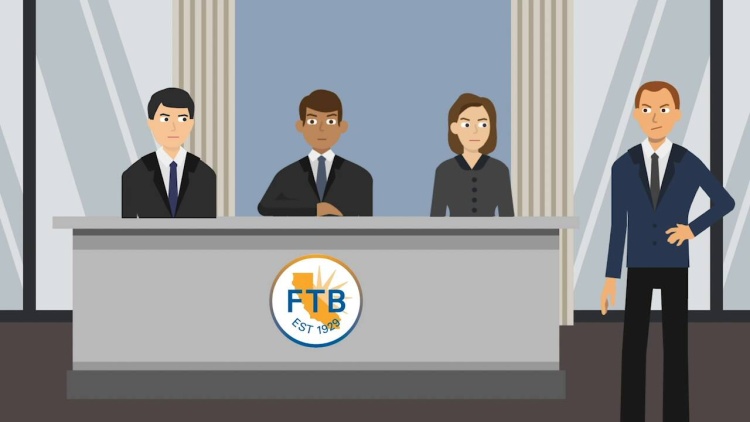Franchise Tax Board v. Construction Laborers Vacation Trust
United States Supreme Court
463 U.S. 1 (1983)
- Written by Jamie Milne, JD
Facts
Construction Laborers Vacation Trust (the trust) (defendant) was a trust established by four California construction associations and a union. The trust’s purpose was to ensure adequate paid annual vacation for construction workers. The trust agreement expressly protected trust funds from third-party levies and liens. Also, because the trust constituted an employee welfare-benefit plan, the trust was subject to regulation under the federal Employee Retirement Income Security Act (ERISA). California’s Franchise Tax Board (the board) (plaintiff) was the state agency responsible for collecting state income tax. A state statute authorized the board to compel any party holding property owned by an indebted taxpayer to surrender the property to the board in satisfaction of the tax debt. Acting under that statute, the board issued three levies against the trust, seeking a total of $380.56 in satisfaction of tax debts. When the trust did not surrender the money, the board sued the trust in state court, asserting two causes of action. First, the board sought enforcement of the levies, arguing that the board violated state law by not surrendering the funds. Second, the board sought a declaratory judgment as to the parties’ respective rights. The board argued that state law required the trust to comply with surrender requests. The trust argued that ERISA preempted state law and prevented the trust from complying with surrender requests. The trust removed the suit to federal district court. The district court held in the board’s favor, finding that the state surrender law was not preempted by ERISA. The court of appeals reversed, finding that ERISA preempted the state law. In a petition for rehearing, the board renewed an earlier argument that federal courts lacked jurisdiction over the case. The petition was denied, and the board appealed to the United States Supreme Court.
Rule of Law
Issue
Holding and Reasoning (Brennan, J.)
What to do next…
Here's why 904,000 law students have relied on our case briefs:
- Written by law professors and practitioners, not other law students. 47,100 briefs, keyed to 995 casebooks. Top-notch customer support.
- The right amount of information, includes the facts, issues, rule of law, holding and reasoning, and any concurrences and dissents.
- Access in your classes, works on your mobile and tablet. Massive library of related video lessons and high quality multiple-choice questions.
- Easy to use, uniform format for every case brief. Written in plain English, not in legalese. Our briefs summarize and simplify; they don’t just repeat the court’s language.






